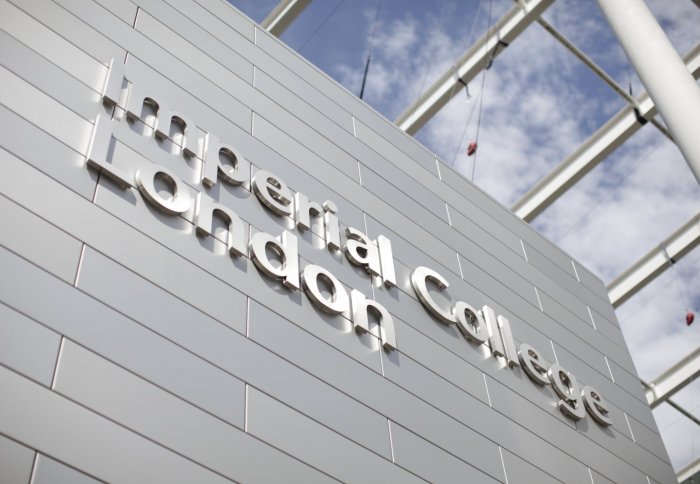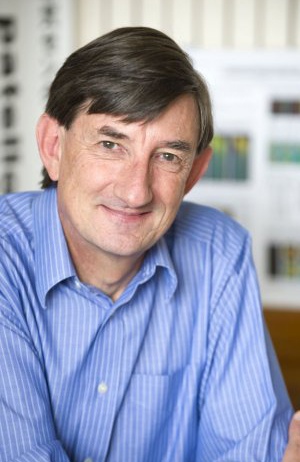Professor Amis to become Honorary Fellow of the British Orthopaedic Association

Professor Andrew Amis (Biomechanics group) will be the first engineer to receive an honorary fellowship from the British Orthopaedic Association.
The award, which recognises Professor Amis’ outstanding contribution and service to Trauma and Orthopaedics, will be presented at a ceremony in September 2017. We caught up with the Professor to find out more about this recognition:
What is the importance of a British Orthopaedic Association (BOA) honorary fellowship?
“The BOA is the primary association of practicing clinical orthopaedic surgeons in the UK. The honorary fellowship is a very rare distinction, actually. There are currently only 39 honorary fellows from around the world, and they are all giants in orthopaedic surgery, people whose names are attached to the development of what are nowadays very widespread techniques in general use. I am the only engineer amongst them.”
What does receiving this recognition mean in the context of your research work?

Professor Andrew Amis
“The news came as a complete surprise, it is a considerable honour. The underlying motivation for my research is to improve the treatment of patients who have been suffering from arthritis or who have had sports injuries. So I am quite pleased about this award, because I always say to the surgeons that I work with that by influencing what they do, I’m helping to treat hundreds of patients effectively.”
Can you tell us a bit more about your collaboration with practicing orthopaedic surgeons?
“I have published a great deal along the years, and I have also attended many surgical conferences, where I talked about testing the techniques that surgeons use, and which one works best in my biomechanical terms, or about new ways of doing things that I have invented. I supervise surgeons who perform this work in my lab. I’m currently running more than twenty patent applicationss for orthopaedic devices. As a consequence of my publishing activity, and becoming well known, I have also played a role in planning and running orthopaedic conferences.
In addition, because my appointment is shared between Mechanical Engineering and the Department of Surgery and Cancer in the Medical school, I spend a lot of time with surgeons. So I know some of the surgical procedures intimately, and I’m able to talk with surgeons about my scientific experiments in terms they understand and which tell them exactly how to apply them when they go back to treating their patients. That’s what they like, and it’s my USP.”
Article text (excluding photos or graphics) © Imperial College London.
Photos and graphics subject to third party copyright used with permission or © Imperial College London.
Reporter
Press Office
Communications and Public Affairs
- Email: press.office@imperial.ac.uk
